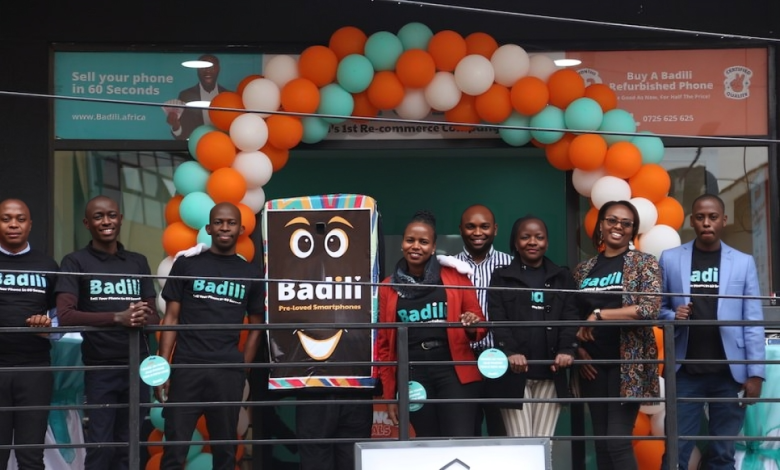Kenyan re-commerce startup Badili received Seed funding from E3 Capital

Reverse commerce, or “re-commerce,” platform Badili, a Kenyan startup, has received an undisclosed seed investment from E3 Capital to support its growth into additional East African markets.
Badili, a 2021 startup with operations in Kenya, Tanzania, and Uganda, collects, fixes, and resells damaged or used mobile phones via major e-commerce sites, regional distributors, and mobile network operators.
With the help of local refurbishment, the platform gives customers access to premium smartphone brands at a fraction of the cost of brand-new models without sacrificing quality.
The startup participated in the 12th SOSV MOX accelerator edition last year and raised a pre-seed round, securing US $150,000 in funding. It has now done so again with seed money from E3 Capital, which funds startups in Africa that enable digital, decentralized, and decarbonized business models.
By facilitating affordable access to consumer electronics, E3 Capital’s investment through the E3 Low Carbon Economy Fund (E3 LCEF I) seeks to advance Badili’s growth into new markets outside of East Africa and improve the continent’s digital infrastructure.
“We are proud to welcome E3 Capital, a seasoned African VC, as the lead investor in our latest seed round. I am excited for the significant impact that this partnership will have on our business as well as the lives of thousands of aspirational African consumers who are looking to buy affordable and environmentally friendly electronics,” said Rishabh Lawania, CEO and co-founder of Badili.
Supporting Badili fits with E3’s mission to promote digital innovation and environmental sustainability, according to managing partner Paras Patel of E3 Capital.
“It’s noteworthy that refurbished phones reduce associated CO2eq emissions by 87 percent compared to new models, underscoring the positive climate impact of Badili’s business. In just a short period, we have been impressed by Badili’s ability to scale the business model in Kenya, Uganda and Tanzania, striking partnerships with key stakeholders in the ecosystem,” Patel said.





